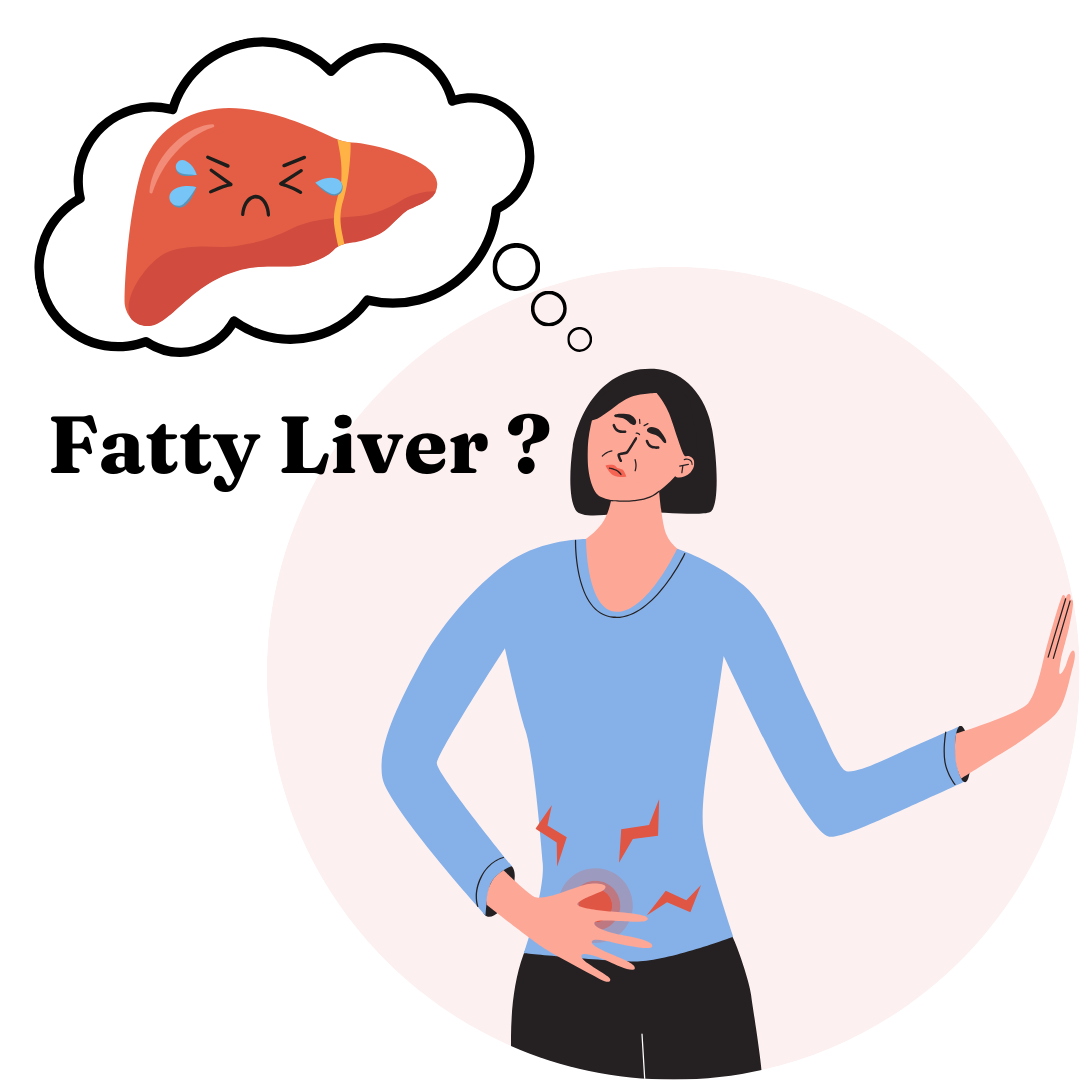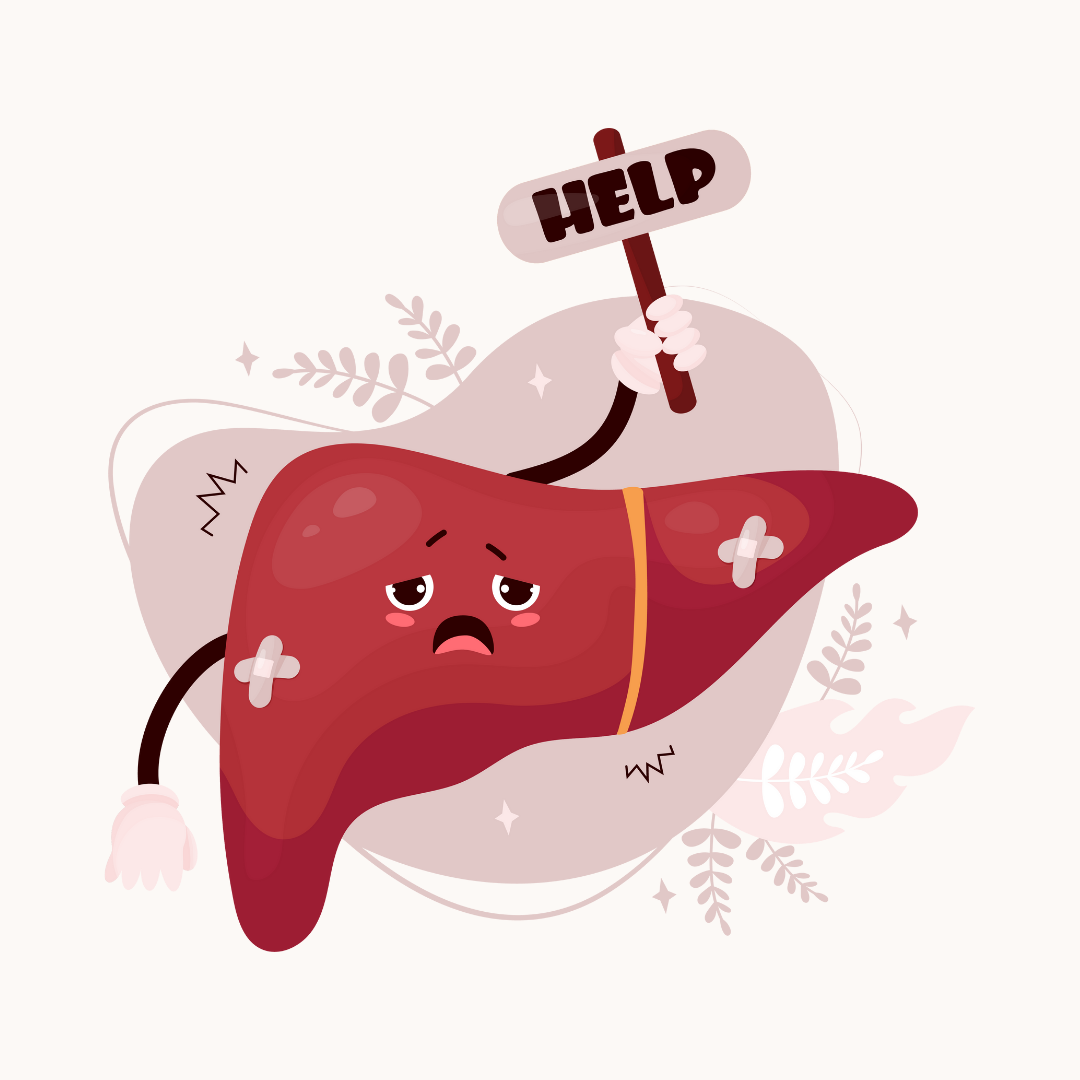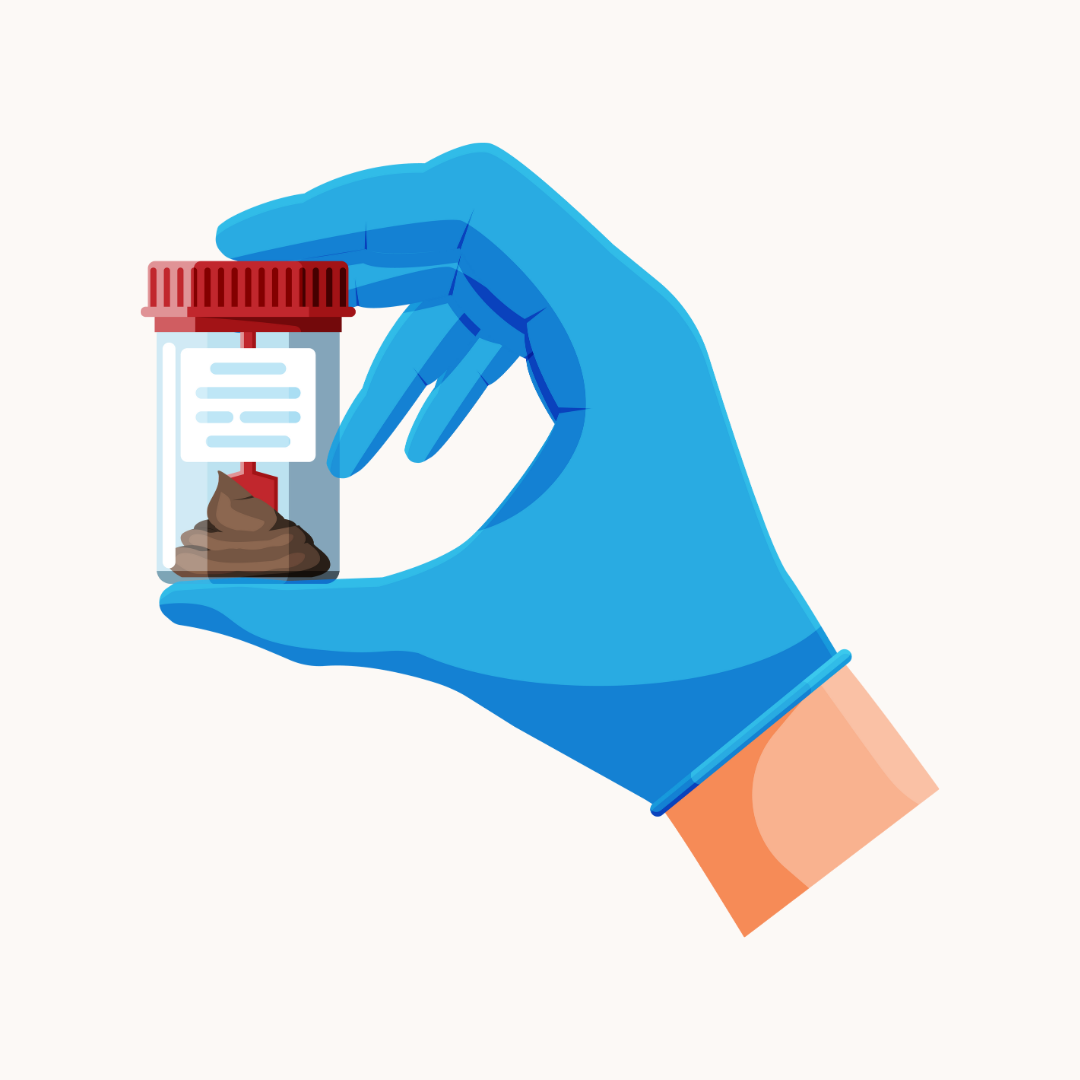Liver Health – Diets for Fatty Liver / MASFLD
“Fueling my fight against MASLD with every nutrient-packed bite,
nourishing my liver and body from within”

Liver plays a crucial role by processing nutrients, detoxifying the body, and regulating metabolic functions. When the liver function gets burdened / compromised, it leads to health issues like metabolic imbalances, liver diseases, & systemic inflammation.
MASLD, earlier known as NAFLD includes fatty infiltration or Steatotic liver disease and metabolic dysfunction, steatonecrosis and commonly seen in patients above age 40 years is now being found in younger age groups.
What causes MASLD or fatty liver disease with metabolic imbalance:
Genetic Predisposition: Having a family history of diabetes increases the likelihood of developing the disease and poor lifestyle certainly worsens the prognosis.
Obesity and Sedentary Lifestyle: Excess body weight, particularly fat on the abdomen and physical inactivity are major contributors to type 2 diabetes. Adipose tissue ie visceral fat increases inflammation impairing insulin sensitivity and glucose metabolism.
Insulin Resistance: Insulin resistance occurs when the body’s cells become less responsive to the effects of insulin, a hormone responsible for regulating blood sugar levels. This resistance forces the pancreas to produce more insulin to compensate, leading to elevated blood sugar levels over time. This reaction often leads to dark skin pigmentation seen on neck-underarms -acanthosis nigricans.
Poor Diet: A diet high in refined carbohydrates, sugars, unhealthy fats, and processed foods can contribute to insulin resistance and weight gain, increasing the risk of type 2 diabetes.
Gestational Factors: Gestational diabetes can develop during pregnancy due to hormonal changes that affect insulin sensitivity. Women who develop gestational diabetes have an increased risk of developing type 2 diabetes later in life, as do their children.
Physical Inactivity: Lack of regular physical activity can contribute to obesity, insulin resistance, and poor blood sugar control. Regular exercise helps improve insulin sensitivity, promotes weight loss or maintenance, and reduces the risk of developing type 2 diabetes.
Stress: Chronic stress can elevate cortisol levels, leading to increased blood sugar levels and insulin resistance. Stress management techniques such as mindfulness, meditation, and relaxation exercises can help mitigate the impact of stress on diabetes risk.
Sleep Disorders: Poor sleep quality, sleep deprivation, and untreated sleep disorders such as obstructive sleep apnea can disrupt hormonal balance, increase insulin resistance, and raise the risk of developing type 2 diabetes.
- Insulin Resistance and Obesity: Insulin resistance causes weight gain and obesity, especially visceral adiposity, and plays a central role in the development of MASLD.
- Type 2 Diabetes (T2DM): Persons with T2DM are at higher risk for developing MASLD due to insulin resistance and metabolic dysfunction.
- Dyslipidemia: Abnormal lipid profiles with elevated levels of triglycerides and low-density lipoprotein (LDL) cholesterol are common in individuals with MASLD.
- Genetic Factors: Genetic factors influence an individual’s susceptibility to MASLD.
- Sedentary Lifestyle: Lack of physical activity and sedentary behavior are major risk factors for MASLD.
- Dietary Factors: High intake of refined carbohydrates, fructose, and saturated fats with low consumption of fruits, vegetables, and fiber are associated with an increased risk of insulin resistance and fat accumulation in the liver.
- Gut Microbiota Dysbiosis: Imbalance in gut microbiota with more harmful bacteria and a decrease in beneficial bacteria leads to inflammation and MASLD.
- Environmental Factors: Environmental exposure to toxins, pollutants, and certain medications may play a role in the pathogenesis of MASLD.
Genetic Predisposition: Having a family history of diabetes increases the likelihood of developing the disease and poor lifestyle certainly worsens the prognosis.
Obesity and Sedentary Lifestyle: Excess body weight, particularly fat on the abdomen and physical inactivity are major contributors to type 2 diabetes. Adipose tissue ie visceral fat increases inflammation impairing insulin sensitivity and glucose metabolism.
Insulin Resistance: Insulin resistance occurs when the body’s cells become less responsive to the effects of insulin, a hormone responsible for regulating blood sugar levels. This resistance forces the pancreas to produce more insulin to compensate, leading to elevated blood sugar levels over time. This reaction often leads to dark skin pigmentation seen on neck-underarms -acanthosis nigricans.
Poor Diet: A diet high in refined carbohydrates, sugars, unhealthy fats, and processed foods can contribute to insulin resistance and weight gain, increasing the risk of type 2 diabetes.
Gestational Factors: Gestational diabetes can develop during pregnancy due to hormonal changes that affect insulin sensitivity. Women who develop gestational diabetes have an increased risk of developing type 2 diabetes later in life, as do their children.
Physical Inactivity: Lack of regular physical activity can contribute to obesity, insulin resistance, and poor blood sugar control. Regular exercise helps improve insulin sensitivity, promotes weight loss or maintenance, and reduces the risk of developing type 2 diabetes.
Stress: Chronic stress can elevate cortisol levels, leading to increased blood sugar levels and insulin resistance. Stress management techniques such as mindfulness, meditation, and relaxation exercises can help mitigate the impact of stress on diabetes risk.
Sleep Disorders: Poor sleep quality, sleep deprivation, and untreated sleep disorders such as obstructive sleep apnea can disrupt hormonal balance, increase insulin resistance, and raise the risk of developing type 2 diabetes.
Symptoms of MASLD:

Fatigue

Unexplained weight loss

Right Upper Abdominal Pain

Enlarged Liver

Ascites

Jaundice

Bleeding

Dark Urine

Pale Stools

Itchy Sk

Loss of Appetite
Our Program Features
- Liver Management + Correction of nutrition status
- Video / In-Clinic consultation with Dr. Zubeda Tumbi.
- Follow-up Consultation with Dr. Tumbi Every 10th – 12th day.
- We have personalized, customized diet & lifestyle plans.
- Team Support: Monday to Saturday; 9:00 AM to 6:00 PM on WhatsApp, Phone & Email.
- Our supportive community outreach programs: a unique feature begun by Dr. Tumbi will help you to connect, share experiences with likeminded people in a group therapy.
- Tips on stress management techniques, reducing screen time and improving sleep hygiene are important tools in this health journey.
At Health Watch Nutrition Clinic: Our Liver Care Holistic Program is meticulously designed to support individuals in enhancing liver function, managing metabolic disorders, and achieving overall wellness with personalized nutrition guidance. Major emphasis is placed on liver detoxification, reducing liver fat accumulation, and enhancing overall liver health. The personalized approach by Dr. Zubeda Tumbi and her team helps you reach your health goals that impacts your health holistically.

